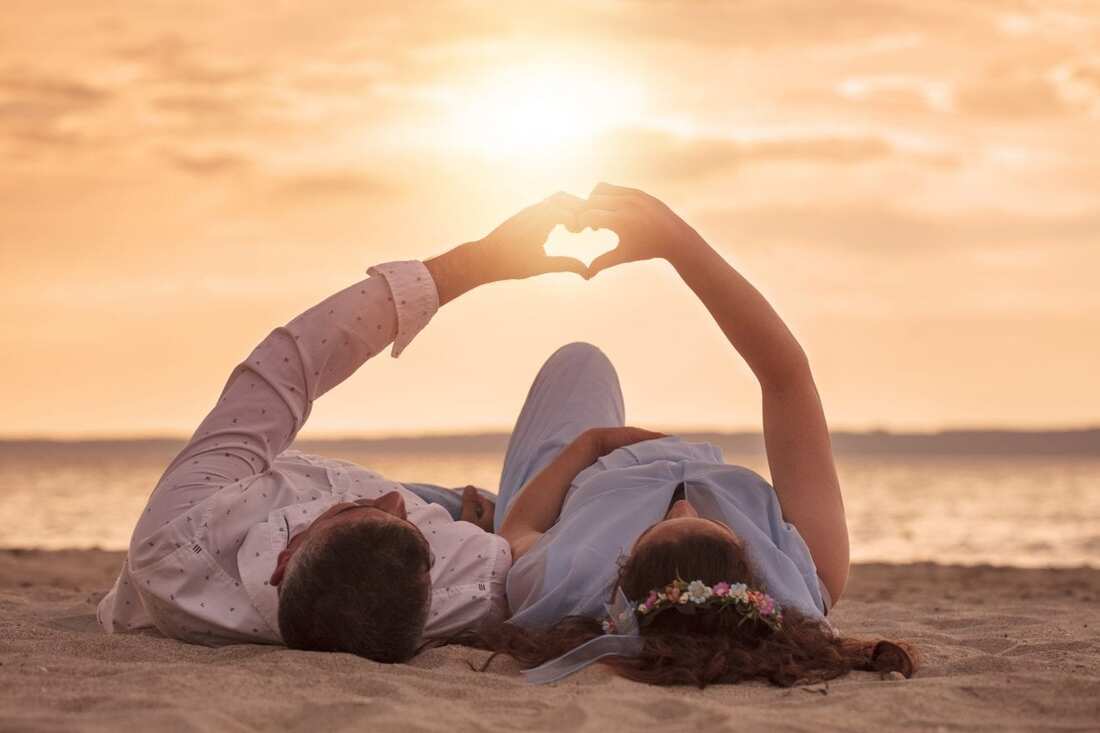 A second honeymoon? Yes, please! Babymoons are trending once again thanks to the Covid-19 vaccines and booster shots and expecting couples to take one last relaxing vacation together before the arrival of their newborn, whether it be their first or their fourth child. According to a study conducted by Liberty Travel and Babycenter.com “59 percent of new parents have taken a babymoon vacation that has included an overnight stay from home.” It’s important for soon-to-be parents to be well-informed about the diseases and viruses that are present in any area they vacation to, especially considering the ever-present Covid-19 pandemic. Allen Marketing Communications, Inc., a boutique travel and lifestyle public relations agency based in New York City, spotlights key trends as it pertains to babymoons. Why Take a Babymoon Having a baby, especially for the first time, is a tiring and time-consuming process, albeit with very happy outcomes. A babymoon is a way for couples to get one last chance to relax and destress with quality time together before their baby arrives. It can be as simple as having a staycation at home – it will be more cost-effective, less strenuous vacation. “It can be as simple as sending the kids to the in-laws for a weekend or booking a suite at a nice hotel in town. The important part is to unplug and be intentional about enjoying spending time together as a couple,” according to Brides. When to Travel Usually, the best time to travel for a babymoon, whether it be domestically or internationally, is during the second trimester (between weeks 14 to 28). This is because, "By this time, the nausea and vomiting that is common in early pregnancy are gone, you have more energy, and you're not so far along that you feel uncomfortable," according to Brides. Expecting mothers should always check with your doctor before traveling to be sure that you’re in a healthy enough condition to travel. It is important to research the safety measures and vaccine regulations of the place you are staying to ensure you and your baby’s safety and wellbeing During the Covid-19 pandemic, outdoor spaces with areas of natural beauty have provided ample space to social distance for the great escape. In planning a babymoon, it is important to avoid traveling at high altitudes as they reduce the amount of oxygen available to the baby Where to Go – and What to Do Babymoons can be taken anywhere, but depending on how far along you are, what your doctor says, and the status of Covid-19 in your bucket list destination. According to Brides, “the average babymoon stay is three to four days” Often, expecting parents are “finishing up work before maternity/paternity leave, and accommodating the increasingly frequent doctor's visits late in pregnancy.” Glamping babymoons are trending at the moment for active, expecting parents seeking beach huts, cabins and cottages in the woods, and luxury safari tents for some quality time in the great outdoors. The Covid-19 pandemic has also seen an increase in RV rentals and expecting parents are also opting to rent a RV and embark on a vacation of a lifetime across the U.S. For couples who prefer a city getaway, hotels offer babymoon packages that often include pregnant-friendly activities such as spas, prenatal yoga, romantic dinners with your partner, and even maternity photo-shoots. For couples who venture abroad, it is no surprise beach destinations are trending with expecting parents. Our travel and lifestyle public relations professionals are here to help savvy marketers tap into the emerging babymoon trend. Give us a call By Marley Merrihew at Allen Marketing Communications, Inc.
0 Comments
Leave a Reply. |
Archives
July 2024
Categories |
HoursM-F: 8:30 am - 6 pm
|
Telephone(917) 371-3753
|
|
Quick LInks |
 RSS Feed
RSS Feed